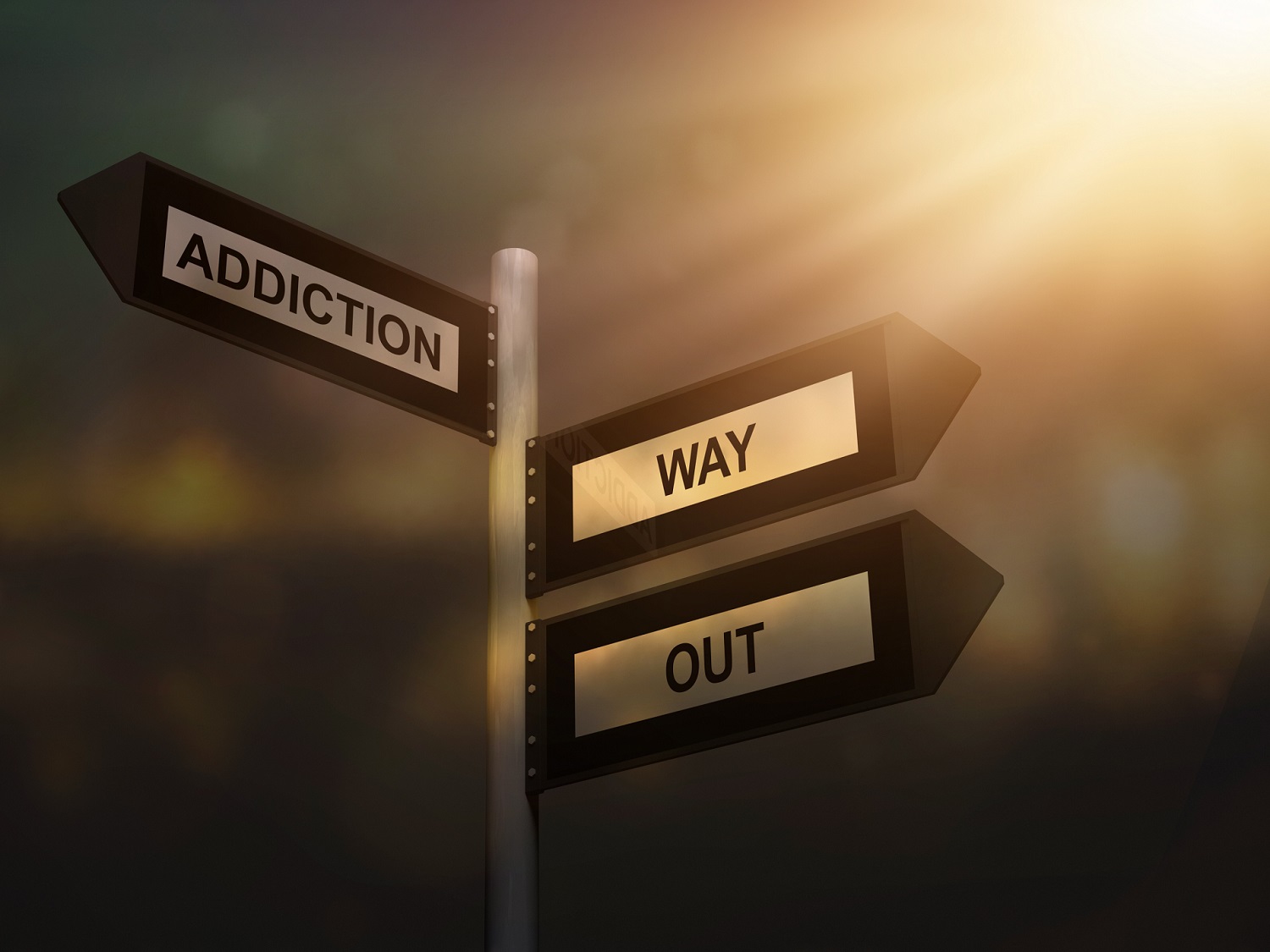It was a certain kind of shock. A definite re-calibration occurred. Repeatedly. And, sometimes it…

When Shame Takes Hold
Thank you to those who wrote in response to our conversation about Shame.
Shame is a horrible, sticky, overwhelming, toxic, and shocking rush of physiological, psychological, neurological, and emotional storms. In the midst of this storm, our shame voice shouts at us. Demeaning, familiar, taunting, lightning-quick and capable of blind-siding us. We collapse into wondering why and how. Again and again, feeling ever more powerless over it.
This is head-spinning and heart-wrenching.
It’s been years since I have felt helplessly ambushed by shame. Yet, I can still remember its primal grip over me. When it would take hold, I became another version of myself. Robotic, unthinking, and incapable of interrupting its ambush.
Food was my savior, and my punishment. Relief turned sharply into torment. Torment would become the stupor that led to sleep, and an escape from the pain.
Had anyone told me that my shame monster was trying to provide me with protection, I would have felt unseen, misunderstood, more painfully alone, and stupid (a by-product of shame).
I was unable to see how shame diverted me and isolated me. Nor was I able to see these as elements of self-protection. Shame swarmed with its teeming and relentless taunt for me to fix myself. This, I believed, was the purpose of shame:
To force me to fix myself.
It was completely plausible, deeply true, and utterly convincing that if I could just improve myself [in these specific ways], I would be protected from further pain. I could not see how this belief contributed to furthering the pain, nor how such pain was requiring my food behaviors to try to save me.
If this sounds like any part of your experience, please know that
- I do truly understand.
- That You are not alone.
- Recovery is possible, and will require a shift in perception, paradigm, and the lens through which you are seeing yourself and your life.
- This shift in lens is called Moving from Love, not Shame.
A time had to come when the pain I was in was greater than the relief my behaviors were trying to provide. Some people call that hitting rock bottom.
Somehow, in those (too oft repeated) bottom notes in the painful orchestra of my days, a whimsical notion came to me. What if I tried loving, not hating myself? Having seen the ravages of shame’s self-improvement efforts overcoming me everyday with more misery, what if I were to stop, to turn toward accepting myself (or a tiny fraction of myself) in this present moment (however fleeting or superficial it seemed), and try an internally loving, not shaming voice?
What if?
This what if turned into a new lens on my life… Blessedly, relief actually came.
With it came my self-honesty, self-nurturance, and self-empathy
In the second chapter of Hunger, Hope and Healing I delve more deeply into Shame and how it is at the core of the cycle of addiction. Our compulsive urges to numb, harm, or deny ourselves are rooted in the core sense of shame. With a foundation of shame at the core of our being, we’ll be prone to struggling with feelings such as anxiety, fear, depression, a sense of being overwhelmed, and urges for control, security, and safety. To help manage the painful experience of shame, we create survival strategies.
I’ll be exploring shame more in the coming weeks on this blog, but in the meantime don’t forget to re-read chapter two of Hunger, Hope and Healing for more on the subject.



